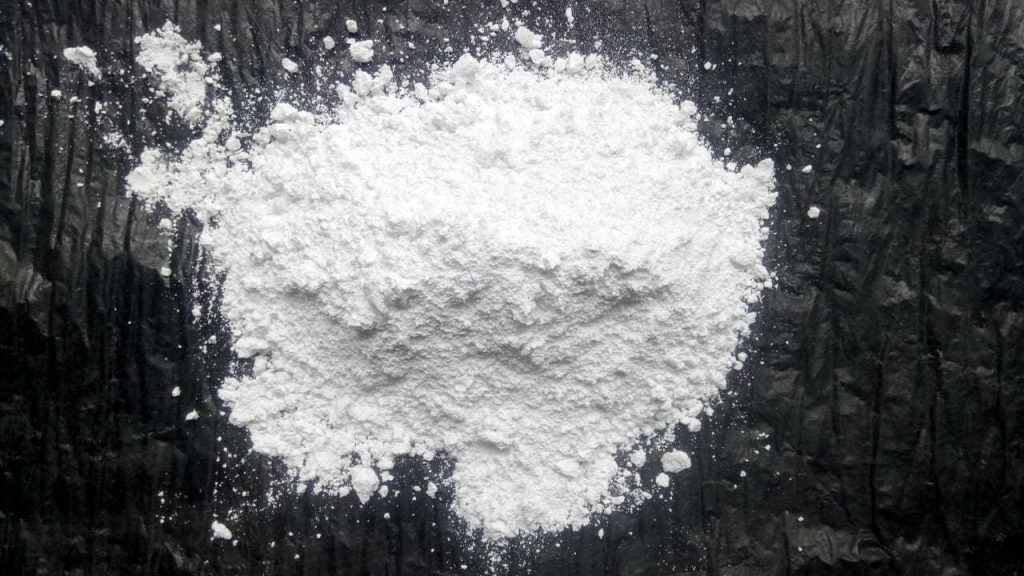The difference between quartz powder, silica powder, microsilica powder and white carbon black

Quartz powder and silica powder both refer to crystalline SiO2 powder. Simply put, they break stones into powder. Quartz powder is relatively coarse, while silica powder is relatively fine. Quartz powder is a powder obtained by crushing quartz raw ore through different processing equipment. Microsilica powder is an ultra-fine powder obtained by grinding quartz ore that has reached a certain purity, or a silica fine powder obtained by chemical means. However, their physical properties, chemical composition and application areas are different.
Microsilica fume is an industrial by-product, also called silica fume. Through the collection of smoke from smelting and incineration plants, fine dust containing high silica content is found.
Differences in properties between silica powder and quartz powder
1. Physical properties of silica powder and quartz powder
Microsilica powder and quartz powder are both fine powder materials, and their particle sizes are very small, usually less than 1 micron. However, their physical properties differ. Microsilica powder is usually light, loose, and low in density; quartz powder is relatively dense and high in density.
2. Chemical composition of silica powder and quartz powder
Microsilica and quartz powder are also chemically different. Silica powder is a type of silica (SiO2). Its crystal structure is similar to quartz, but due to its small size, it is usually an amorphous structure with many active groups on the surface. Quartz powder is made by crushing and finely grinding large crystal quartz minerals, and its chemical composition is SiO2.
3. Application fields of silica powder and quartz powder
Microsilica powder and quartz powder are widely used in industry, but their application fields are different. Microsilica powder is usually used in electronics, optics, ceramics, cosmetics, coatings, plastics and other fields. It is mainly used to increase the stability of materials, reduce material costs and improve the processing performance of materials. Quartz powder is mainly used in glass, ceramics, cement, building materials, metal surface spraying and other fields. Its high hardness and chemical stability make it an important component of many functional materials.
